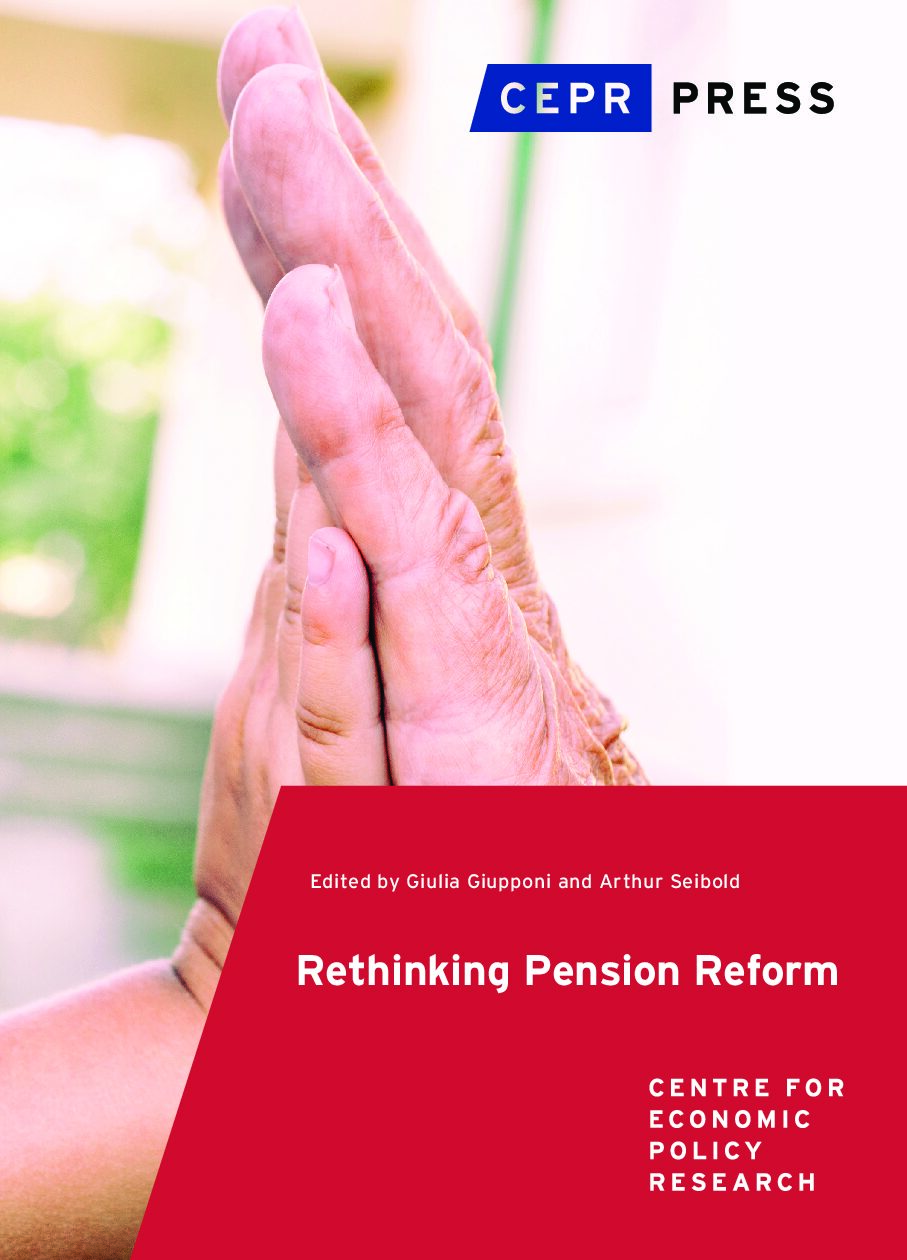Linking financial services and social protection for resilience: lessons from Kenya
Climate-related shocks and stresses threaten people and communities around the world, compounding existing poverty and vulnerability and undermining long-term development. National and international actors are searching for new and better ways to help people deal with increasing climate risks and, in turn, support long-term resilience. One potential way of doing this is to facilitate access to, and use of, adequate financial services such as savings, loans and insurance in underserved communities.
The role of social protection (SP) programmes in helping people anticipate and cope with climate-related shocks and stresses, such as droughts or floods, is also increasingly appreciated.
This brief aims to inform policy by helping fill knowledge gaps on both the potential and the limitations of developing links between cash-based assistance and financial inclusion interventions for building the resilience of households to climate-related shocks and stresses. It is based on research conducted in Kenya assessing whether participation in SP programmes facilitates access to financial services.
Read the full article here










